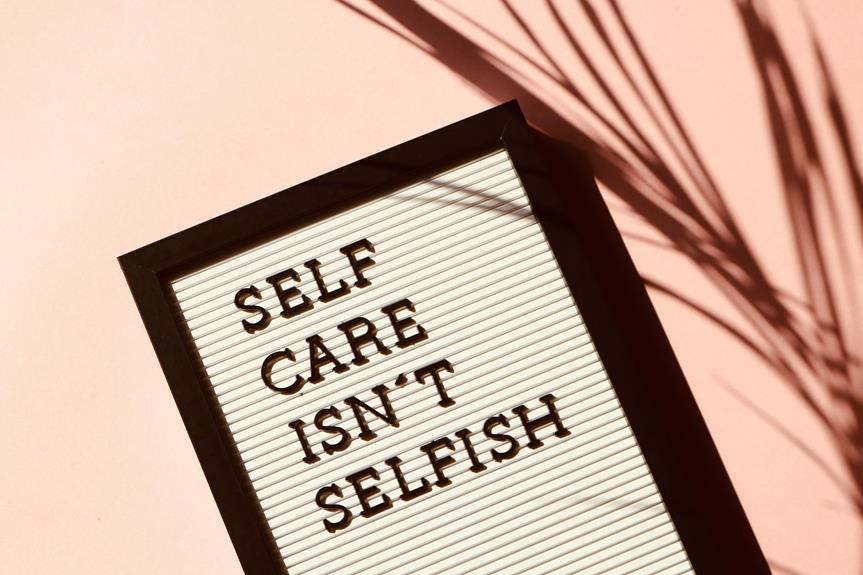
Engaging with social connections can significantly improve your mental health by boosting your mood, reducing stress levels, and providing essential emotional support. These interactions release feel-good hormones like oxytocin and endorphins, which help lower cortisol and promote a calmer state of mind. Building meaningful relationships also enhances your sense of belonging and offers a support system to help you cope with daily stressors and challenges. Strengthening these social connections not only uplifts your well-being but also has physical health benefits, showcasing the powerful impact of maintaining a strong social network on your overall mental wellness.
Boosts Mood and Reduces Stress
Connecting with others through social interactions can significantly boost your mood and reduce stress levels. When you engage in conversations, share laughter, or simply spend time with friends and family, your brain releases feel-good hormones like oxytocin and endorphins. These chemicals help lower cortisol, the stress hormone, leading to a calmer and more positive state of mind.
Additionally, social interactions provide a sense of belonging and support, which can act as a buffer against the negative effects of stress. When you feel connected to others, you're more likely to navigate challenges with resilience and optimism. This emotional support network can help you cope better with daily stressors and improve your overall well-being.
Moreover, social connections offer opportunities for distraction and enjoyment, allowing you to take a break from your worries and focus on the present moment. Whether through a shared meal, a phone call with a friend, or a group activity, these interactions can bring joy and relaxation, contributing to a more balanced mental state.
Enhances Sense of Belonging
Engaging in social interactions not only boosts your mood and reduces stress but also enhances your sense of belonging. When you connect with others, whether it's through deep conversations or shared experiences, you begin to feel a part of something bigger than yourself. This sense of belonging can provide you with a feeling of security and acceptance, knowing that you're valued and appreciated within your social circle.
Belongingness is a fundamental human need, and social connections play a vital role in fulfilling this need. By forming meaningful relationships and cultivating a sense of community, you create a support system that can uplift you during challenging times. When you feel like you belong, you're more likely to have a positive outlook on life and a greater sense of self-worth.
Therefore, take the time to nurture your social connections and invest in relationships that make you feel accepted and understood. Whether it's spending time with family, engaging in group activities, or simply chatting with friends, these interactions can significantly enhance your sense of belonging and contribute to your overall mental well-being.
Provides Emotional Support
To receive emotional support, maintaining strong social connections with individuals who genuinely care about your well-being is essential. These connections serve as a crucial foundation for your mental health. When you face challenges or feel overwhelmed, having a supportive network to turn to can make a significant difference in how you cope with difficult situations. Knowing that there are people who are there to listen, provide comfort, and offer encouragement can help you feel less alone and more understood.
Emotional support from friends, family, or even support groups can help you navigate through life's ups and downs. Sharing your feelings and experiences with others can lighten your emotional burden and provide you with different perspectives and insights. Feeling supported can boost your resilience and help you bounce back from setbacks more effectively. Additionally, knowing that you have people who genuinely care about you can increase your sense of self-worth and confidence in handling life's challenges.
Promotes Overall Well-Being
Strengthening your social connections can significantly enhance your overall well-being. When you engage with friends, family, or even acquaintances, you create a support system that promotes a sense of belonging and security. This feeling of being connected to others can lead to increased happiness and life satisfaction. Social interactions trigger the release of oxytocin, a hormone that reduces stress and anxiety while promoting a sense of trust and bonding. As a result, you may find yourself feeling more relaxed and at ease in social situations.
Furthermore, maintaining strong social connections can also have physical health benefits, such as lowering blood pressure, boosting immune function, and even increasing longevity. When you have a network of supportive relationships, you're more likely to engage in healthy behaviors and seek help when needed. These positive habits contribute to your overall well-being and quality of life.
Conclusion
In conclusion, social connections play a crucial role in improving mental health. By boosting mood, reducing stress, enhancing a sense of belonging, providing emotional support, and promoting overall well-being, connections with others can have a powerful impact on your mental wellness.
So, make sure to nurture your social relationships and prioritize connecting with loved ones, friends, and community to support your mental health and well-being.




